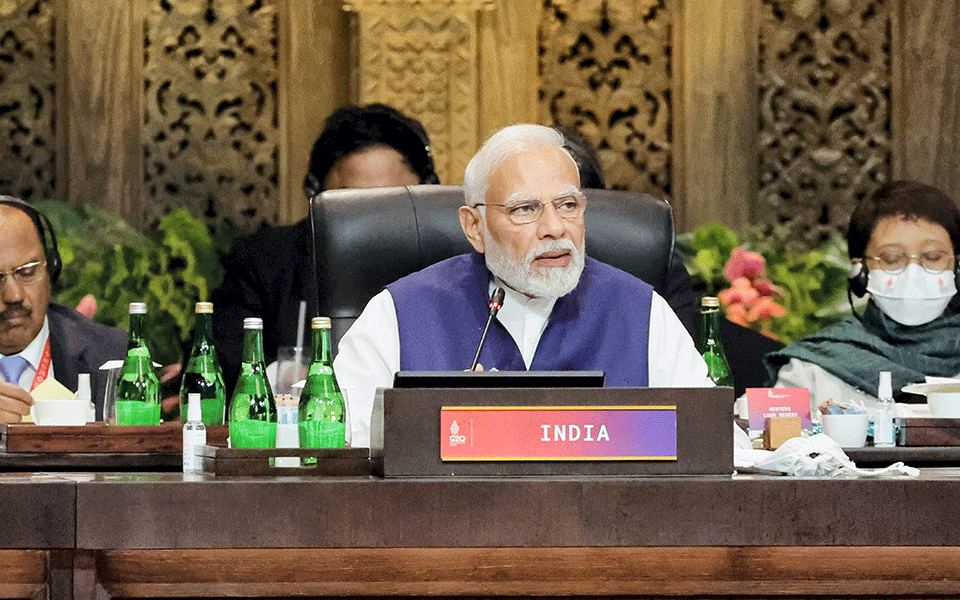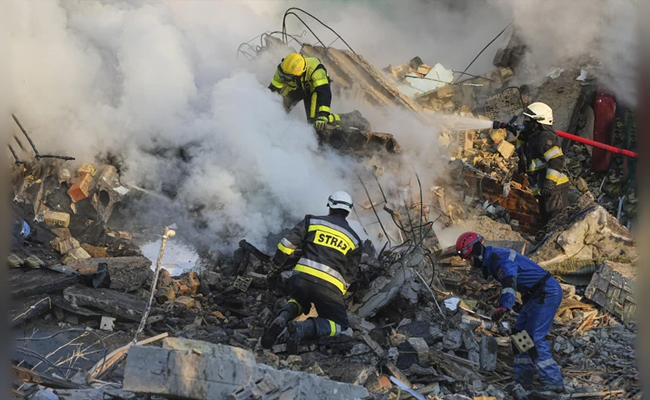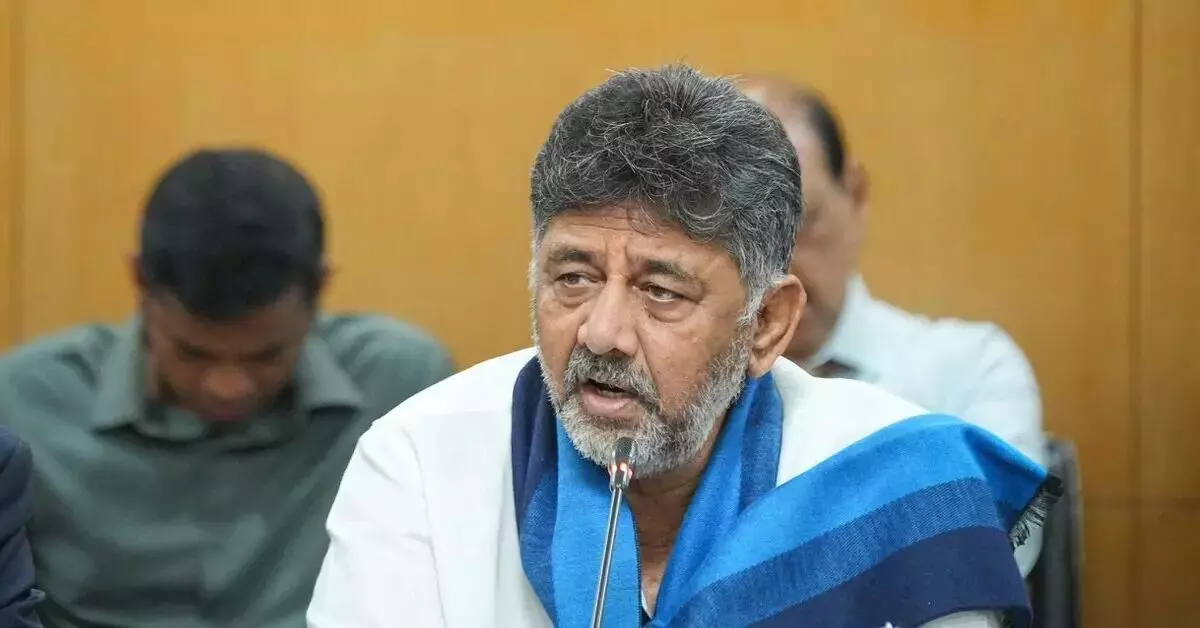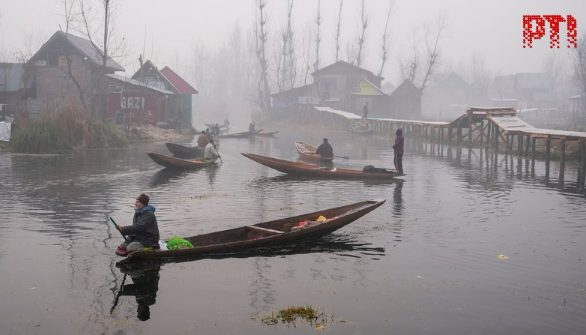Bali (PTI): Prime Minister Narendra Modi on Wednesday said India's G-20 presidency will be inclusive, ambitious, decisive, and action-oriented, noting that the country is taking the charge at a time when the world is grappling with geopolitical tensions, economic slowdown and rising food and energy prices.
India was handed over the presidency of the influential bloc at the end of the two-day G-20 summit here which was hosted by Indonesia.
In his remarks at the closing ceremony of the summit, Modi said India will strive to ensure that the G-20 acts as a global "prime mover" to envision new ideas and accelerate collective action over the next one year.
"India is taking charge of the G-20 at a time when the world is simultaneously grappling with geopolitical tensions, economic slowdown, rising food and energy prices, and the long-term ill-effects of the pandemic," Modi said.
"At such a time, the world is looking at the G-20 with hope. Today, I want to assure that India's G-20 presidency will be inclusive, ambitious, decisive, and action-oriented," he said.
India will officially assume the G20 Presidency on December 1.
The next G20 Leaders' Summit at the level of Heads of State/Government is scheduled to be held on September 9 and 10 in New Delhi.
The prime minister said India's presidency of the G-20 is a proud occasion for every Indian and that the country will organize G-20 meetings in different cities and states.
"Our guests will get full experience of India's amazing diversity, inclusive traditions, and cultural richness. We wish that all of you will participate in this unique celebration in India, the 'Mother of Democracy'. Together, we will make the G-20, a catalyst for global change," he said.
Let the Truth be known. If you read VB and like VB, please be a VB Supporter and Help us deliver the Truth to one and all.
Kyiv (AP): Eight people were killed and 27 wounded in a Russian missile strike on port infrastructure in Odesa, southern Ukraine, late on Friday, Ukraine's Emergency Service said on Saturday morning.
Some of the wounded were on a bus at the epicentre of the overnight strike, the service said in a Telegram post. Trucks caught fire in the parking lot, and cars were also damaged.
The port was struck with ballistic missiles, said Oleh Kiper, the head of the Odesa region.
ALSO READ: 'Have not received complaint yet': Delhi Police on assault by off-duty Air India Express pilot
Elsewhere, Ukrainian forces hit a Russian warship and other facilities with drones, Ukraine's General Staff said in a statement on Saturday.
The nighttime attack on Friday hit the Russian warship “Okhotnik,” according to the statement posted to the Telegram messaging app.
The ship was patrolling in the Caspian Sea near an oil and gas production platform. The extent of the damage is still being clarified, the statement added.
A drilling platform at the Filanovsky oil and gas field in the Caspian Sea was also hit. The facility is operated by Russian oil giant Lukoil. Ukrainian drones also struck a radar system in the Krasnosilske area of Crimea, which Russia illegally annexed from Ukraine in 2014.





